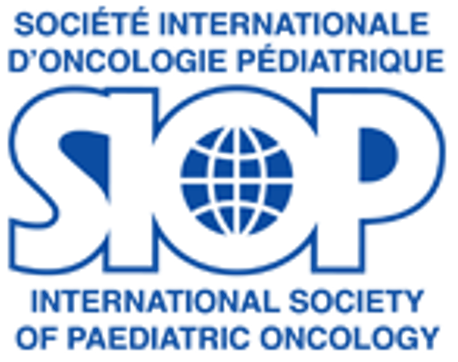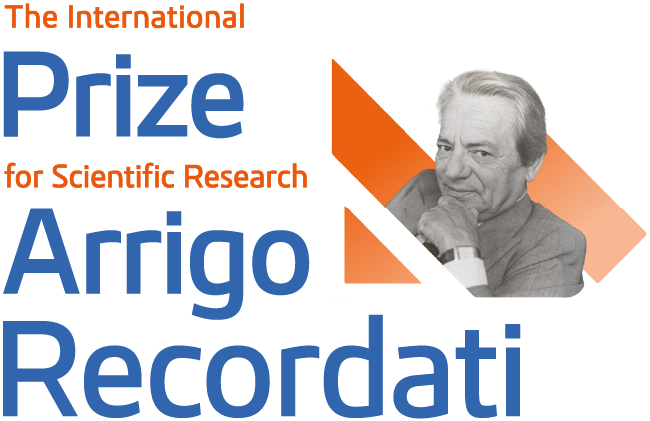2026 award
Call for Applications
Apply until
January 31, 2026
research area
This year topic: Paediatric Oncology (Sarcomas)
The 12th edition of the Prize will be dedicated to the advancement of research in the field of paediatric oncology, specifically sarcomas.
Paediatric sarcomas remain among the leading causes of cancer-related death in children, yet treatments for most sarcomas have seen little to no significant improvement over the past 40 years.
Advancing our understanding of the pathophysiology of paediatric sarcomas is essential to develop targeted therapies that are both effective and less toxic. Translational efforts—bridging laboratory discoveries with clinical applications—are particularly vital to accelerate early intervention strategies and improve outcomes.
The 2026 edition of the Arrigo Recordati Research Prize is dedicated to this challenge, aiming to spotlight and support pioneering research in paediatric oncology. By fostering collaboration across disciplines and investing in promising early-career investigators, the Prize seeks to catalyze breakthroughs that will redefine care for children affected by sarcomas.
prize money
Celebrating excellence in research
The award amount of the Arrigo Recordati Research Prize has been increased in its 12th edition, reaffirming our commitment to recognising excellence in medical research.
Early-career researchers of all nationalities working in the field of paediatric oncology are eligible. Basic, translational, preclinical, and correlative clinical laboratory research projects focusing on sarcomas can be submitted.
The winning project will receive a € 250,000 research grant to fund research for 2 years.
prize money
2026 Award Ceremony
The winning project will be formally announced during an Award Ceremony at SIOP Congress (International Society of Paediatric Oncology) which will be held in San Antonio (US) from September 15 to 18, 2026.

key dates
Application Timeline
October 21, 2025 | 9:30 CET
Applications Open
January 31, 2026 | 23:59 CET
Application Deadline
March 14, 2026 | 23:59 CET
Review of all Initial Proposal
March 15, 2026 | 9:30 CET
Full Applications Open
June 30, 2026 | 23:59 CET
Full Application Deadline
July 31, 2026 | 23:59 CET
Review of Full Application
Sept 15-18, 2026 | 9:30 AM CET
Award Ceremony

21 October, 2025 | 9:30 CET
1. Application Open

31 January, 2026 | 23:59 CET
2. Application Deadline

14 APRIL, 2026 | 23:59 CET
3. Review of all Initial Proposal

15 APRIL, 2026 | 9:30 CET
4. Full Applications Open

15 June, 2026 | 23:59 CET
5. Full Application Deadline

31 July, 2026 | 23:59 CET
6. Review of Full Application

15-18 Sept, 2026 | 9:30 AM CET
7. Award Ceremony
Meet the Jury
2026 Review Committee
Applications will be reviewed by an independent panel of internationally recognised experts who have provided leadership throughout their long careers in the field of rare diseases.
For the 2026 Award, the Review Committee is composed of:
Prof. Robert J. Desnick
Chairman – M.D., Ph.D.
Dean for Genetics and Genomic Medicine Emeritus; Professor of Genetics and Pediatrics;
Inaugural Chair of Genetics and Genomic Sciences Emeritus; Department of Genetics & Genomic Sciences and Pediatrics, Mount Sinai School of Medicine, New York.
Dr. Yu, Alice Lin-Tsing
M.D., Ph.D.
Distinguished Chair Professor, Institute of Stem Cell & Translational Cancer Research, Chang Gung Memorial Hospital & Chang Gung University, Taiwan Professor Emeritus, Department of Pediatrics and Moores Cancer Center, University of California, San Diego, California.
Professor Sandra Strauss
Ph.D., FRCP.
Professor of Medical and Teenage Young Adult (TYA) Oncology, UCL Cancer Institute Honorary Consultant Medical Oncologist and Sarcoma Lead, University College London Hospital NHS Trust Chair EuroEwing Consortium Executive Committee NHS National Disease Registration Service Sarcoma Lead.
Where research receives recognition
This young investigator award is granted every two years to a scientist in recognition for outstanding work in a specified focus area.
